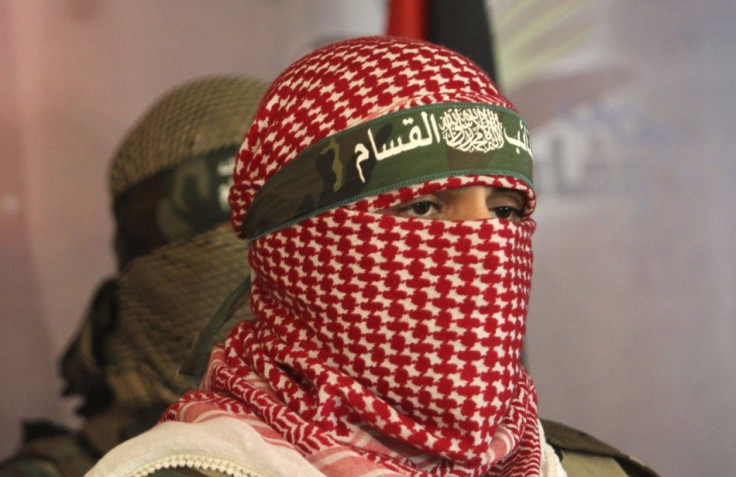Hamas Will Not Help Iran if Israel Strikes

Hamas, the militant Palestinian organization largely funded by Iran, said it will not help Tehran in any way in the event that Israel launches a military strike on the Islamic Republic, according to media reports
Salah Bardawil, a senior Hamas official in Gaza, told the Guardian newspaper of Britain: “If there is a war between the two powers [Iran and Israel], Hamas will not be part of such a war.”
Bardawil also denied speculation that Hamas would attack Israel with rockets from Gaza if the Jewish State attacked Iranian nuclear facilities.
“Hamas is not part of military alliances in the region. … Our strategy is to defend our rights, he said.
Bardawil also indicated that Hamas’ loyalty to Tehran is not “complete,” citing, among other things, that the vast majority of Hamas members and the population of Gaza are Sunni Muslims, while Iranians are principally Shias.
“The relationship [between Hamas and Iran] was based on common interest,” he said.
Similarly, Mahmoud Zahhar, another senior Hamas official in Gaza, told the BBC: We are not part of any political axis. If Israel attacks us we will respond. If they don't, we will not get involved in any other regional conflict.”
Zahhar added: Don't exaggerate our power. We are still suffering from the occupation, the siege and two wars in recent years.”
Rumors have also floated that if Israel bombs Iran, Hezbollah forces in Lebanon (who are also financed principally by Tehran) may also retaliate by launching rockets onto Israel from the north.
Hamas finds itself in a dramatically changing Middle East -- already its top leaders have departed Syria after more than a decade as guests of President Bashar al-Assad. The brutality of Assad’s crackdown against protesters and dissidents has prompted Hamas to criticize their former benefactor in Damascus and align itself with the Syrian opposition.
Adnan abu Amer, a professor of history at Ummah University in Gaza, told the Guardian: “For 10 months, Hamas kept silent in public about the Syrian revolution, neither for it nor against it. But inside Hamas, there was another revolution -- arguments within the leadership over the killing of Syrian people.”
Abu Amer added: “The exiled [Hamas] leadership was frozen, because they had no other place to go. But others, in Gaza and elsewhere, wanted to speak out against the killings, especially the clerics. This was a burden on the leadership.”
Complicating factors is that Hamas is linked to the Muslim Brotherhood, an international Sunni movement that is banned in Syria.
The Guardian also reported that relations between Hamas and Tehran were already frayed by Hamas’ refusal to offer any support to Assad (one of Iran’s few remaining allies).
Abu Amer commented to the Guardian: “Iran is very unhappy about Hamas and Syria, so it is punishing Hamas. They [Iran] have stopped funding [Hamas]. [However] Hamas has other sources –- the Gulf States, Islamic movements, charities – but all of these together are not comparable to $23-million a month [formerly provided by Tehran].
However, Bardawil denied that Iran gives Hamas that much money.
“The money that comes from Iran is very limited,” he said. “In the early days of the [Israeli] blockade [of Gaza], the money was very good, but it was reduced two years ago.”
Abu Amer believes that Hamas now wants to connect itself with the waves of revolution spreading across the Arab world.
“The revolutions in the Arab world and the rise of Islamic movements affected Hamas. Hamas read it very well,” he noted.
It is also worthwhile to recall that while Hamas are Arabs, Iranians are Persians.
I don't like the Iranians and the way they try to use their influence in the Arab world, an unnamed Hamas official complained to BBC.
© Copyright IBTimes 2024. All rights reserved.





















